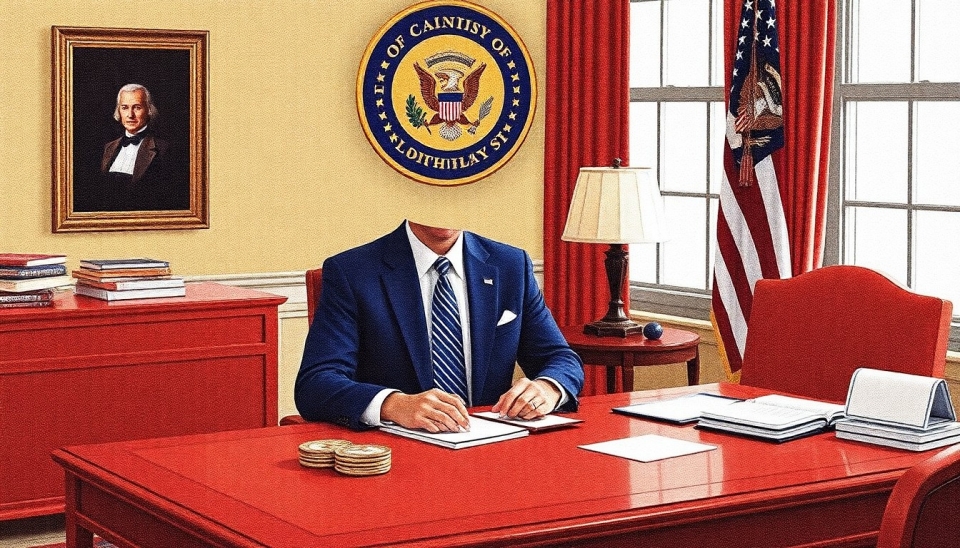
In a significant legal decision, a U.S. federal court has dismissed sanctions that were imposed on a cryptocurrency mixing service allegedly involved in facilitating North Korean cyber activities. This ruling has substantial implications for the ongoing fight against cybercrime and the enforcement of U.S. economic sanctions.
The crypto mixer, known as Tornado Cash, came under scrutiny last year when the U.S. Treasury's Office of Foreign Assets Control (OFAC) designated it a Specially Designated National, citing its connection to North Korean state-sponsored hacking efforts, particularly by the Lazarus Group, notorious for its sophisticated cyberattacks aimed at stealing cryptocurrencies. Authorities claimed that Tornado Cash had processed billions of dollars in illicit transactions, thereby enabling the regime in Pyongyang to bypass sanctions and fund its nuclear weapons program.
However, in a ruling made public recently, the court determined that the sanctions imposed on Tornado Cash were not lawful, primarily arguing that in order to impose sanctions, the government must show that the entity in question is operated or owned by sanctioned individuals or entities — a criterion that yielded a favorable interpretation for the defendants.
This decision comes amidst a backdrop of increasing tensions between the U.S. and North Korea, particularly concerning Pyongyang's advancements in weapons technology and its ongoing efforts to launder cryptocurrency proceeds through various digital platforms. Critics of the sanctions have argued that such measures often stifle technological innovation and infringe on due process rights.
The ruling flaunts a notable divergence in the approaches to cryptocurrency regulation. Advocates for tighter restrictions maintain that stringent measures are essential to prevent digital currencies from becoming vehicles for crime and terrorism, while opponents argue the imposition of such sanctions on decentralized platforms raises questions about regulatory overreach and the right to free speech in the digital realm.
In light of this ruling, legal experts predict a potential shift in how regulators may approach sanctions related to cryptocurrency services. The case could prompt a reassessment of existing frameworks, given the blurred lines between legitimate financial transactions and those intended for illicit purposes within the crypto ecosystem. This shift may lead to a more nuanced understanding of decentralized finance and the legal protections afforded to it.
The implications of this ruling extend beyond the realm of cryptocurrency, reflecting larger concerns over cybercrime, international relations, and economic sanctions. Proponents of cryptocurrency freedom argue that such digital services should not be penalized for the actions of rogue state actors who misuse them. As this conversation evolves, stakeholders across sectors — from finance to cybersecurity — are likely to keep a close eye on developments in the legal landscape surrounding digital currencies and their regulation.
As the debate continues to unfold, one thing is clear: the intersection of technology and law will remain a critical focal point for lawmakers and regulators concerned with maintaining both security and innovation in an increasingly digital world.
<>#> #TornadoCash #Cryptocurrency #NorthKorea #Cybersecurity #LegalRuling #USCourt #Sanctions #CryptoMixer #DigitalFinance #Regulation #<
Author: Emily Collins




